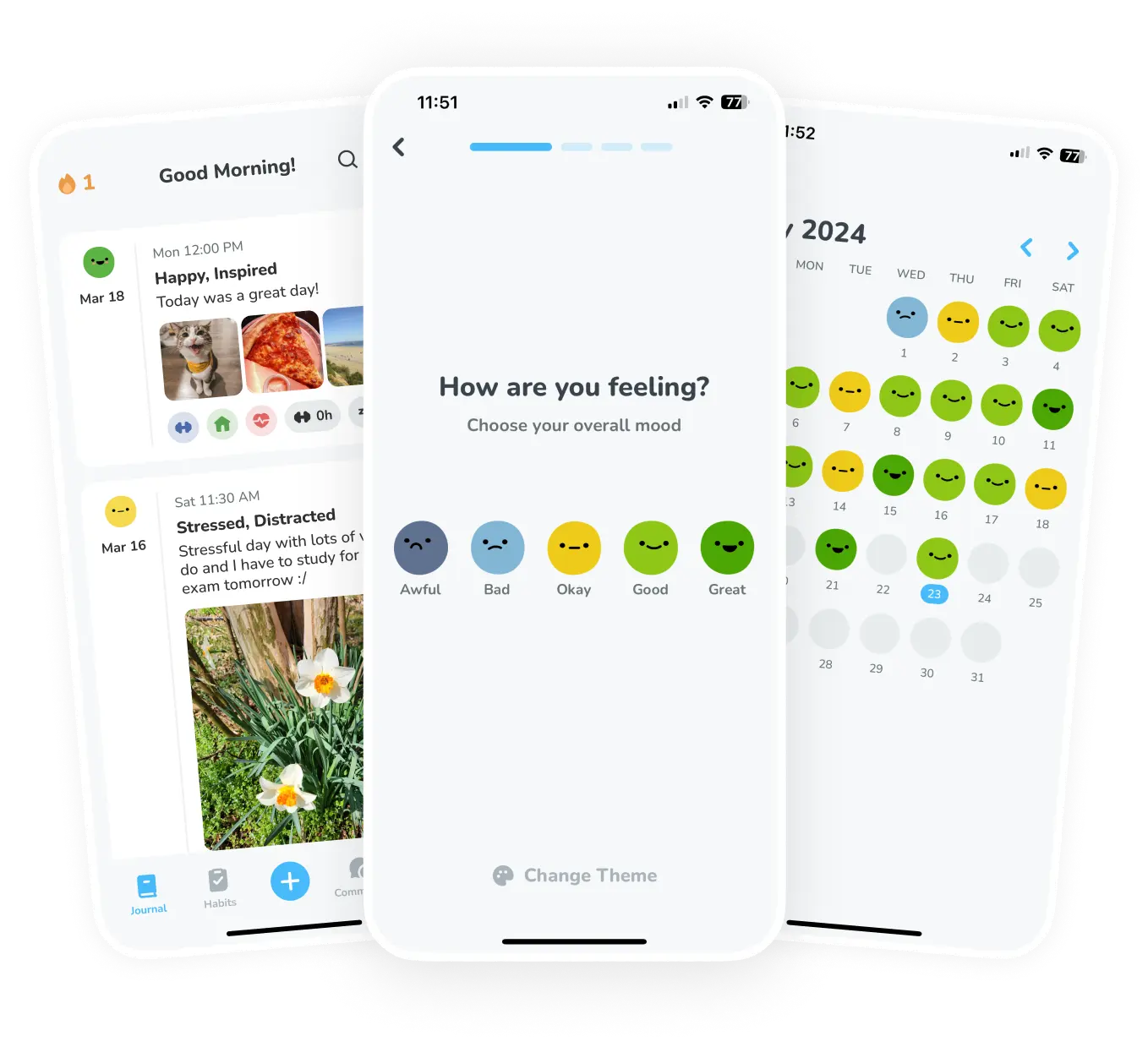Have you ever said “yes” to something you didn’t want to do only to feel an instant surge of regret? Maybe it was agreeing to go out with friends when you really wanted to stay in and rest, taking on another project at work despite feeling overwhelmed, or saying yes to a favor you didn’t have the energy to do. You didn’t want to seem difficult or let people down so you chose to say yes, even when you meant no. There’s no doubt that saying no can feel uncomfortable and awkward, but in reality, saying yes to others sometimes means you’re saying no to yourself. Always saying yes is a fast track to burnout, resentment, and not being able to give your all when you genuinely want to say yes. Let’s unpack why it can be so hard to say no, how being a chronic people-pleaser can impact your mental health, and how learning to set boundaries is one of the most powerful forms of self-care.
The Psychology Behind People-Pleasing
People-pleasing is much deeper than just being nice- it often stems from underlying fears. Many of us grow up learning that approval means safety. We’re praised for being easygoing, or low-maintenance. We’re also taught to fear conflict and view it as always being a negative thing to be avoided at all costs. Over time, saying “yes” seems like the only acceptable answer, even when it comes at the expense of yourself. Psychologically, people-pleasing comes from a fear of rejection, abandonment, or criticism. When we agree to everything, other peoples’ perceptions of us seem to be in our own control. If we’re always saying yes, we’re more likely to be included, accepted, and praised. But putting on a constant performance for others creates stress and a disconnect within ourselves. When your self-worth becomes tied to how others see you, boundaries can be seen as barriers. In reality, you can be kind, generous, and well-liked while still having limits.
Saying Yes to Everything Means Saying No to Yourself
Saying yes just feels like the right thing to do if you want to be helpful, supportive, and easy to work with. But over time, constant yeses can leave you physically, mentally, and emotionally exhausted. Stretching yourself thin for everyone else means forgetting to take care of yourself. Every time you say yes to something that doesn’t serve you, you’re saying no to something that does like rest, peace, creativity, or pursuing your own goals. Being selfless can sometimes be a positive trait, but not when you’re never thinking about yourself. The crucial mindset shift is that saying no to others doesn’t mean shutting them out but rather choosing yourself. You’re not able to pour from an empty cup so if you never serve yourself, you’ll eventually not be able to serve others at all.
Scripts For Saying No
Saying no can be hard, but it doesn’t have to be harsh or awkward. Sometimes it can be really helpful to have go-to phrases that take away the pressure and help you clearly express yourself. To decline a social plan, try saying “Thanks for the invite, but I’m gonna sit this one out and recharge tonight.” For favors, you can say “I’d love to help, but I’m at capacity right now and don’t want to feel burned out”. For longer-term commitments, clarify by saying “I can’t commit to that right now, but I’ll let you know if anything changes.” When you want to stand firm but still be kind, say something like “I really appreciate you thinking of me, but I’m gonna have to pass this time.” You don’t owe anyone a long explanation but in most cases, a polite yet clear response is more than enough. If saying no feels uncomfortable at first, it’s okay. Like any skill, boundary-setting gets easier with practice.
At first, setting boundaries can feel uncomfortable, awkward, or even scary. But just like a muscle, your boundary-setting skills get stronger the more you use them. Start small and work your way up. Start by saying no to a group hangout when you’re too tired, or speak up when someone crosses a boundary. Each time you choose to protect your peace, you’re teaching both yourself and others that your time, energy, and mental health matters. You don’t need to justify every decision or feel guilty for putting yourself first as setting boundaries isn’t about pushing people away. When you put yourself first, you’re ensuring that you can show up for others in a way that’s honest and sustainable. The next time you feel pressured to say yes, pause and ask yourself if you’re saying yes out of fear or from a place of true alignment. If it’s not a genuine yes, then it’s more than okay for it to be a loving no. Remember that “no” is a complete sentence, and a powerful one too.


